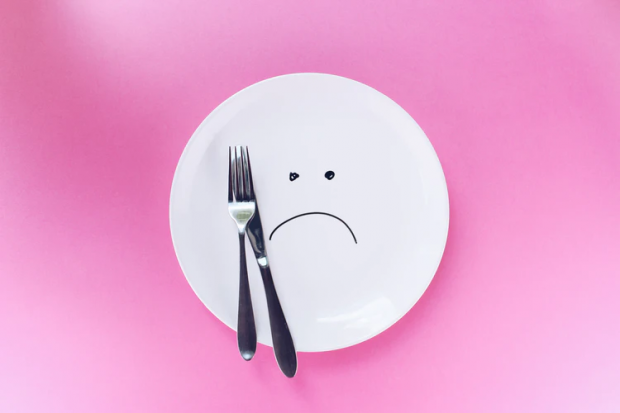How To Deal With Your Eating Disorder And Have A Healthier Relationship With Food
If you finally recognize you have an eating disorder and want to set foot on the path to recovery, you would be glad to know that there are several ways to break free from your unhealthy eating behaviors and overcome your condition.

By following these simple yet effective suggestions, you can regain your health, happiness, and self-esteem and find joy in life yet again.
What is an Eating Disorder?
Eating disorders are a type of mental illness defined by abnormal eating behaviors. As mentioned at the banyans clinic, eating disorders are a highly complex health condition. Left untreated, they can have severe consequences on your well-being in the long term and can prove to be fatal.
Establishing Healthy Eating Habits
Eat Whenever You Feel Hungry
Hunger is our body’s natural mechanism for signaling the brain to start looking for food so it can get an energy boost. You must listen to your natural hunger cues and eat until satisfied to regulate your appetite and provide for your body’s needs.
Likewise, it is essential to make regular meals a habit and not skip meals. Being very hungry makes you more likely to overeat and choose foods high in fat and sugar, which may trigger a binge.
Keep Unhealthy Foods Out of Sight
Stocking your cart with cookies, ice cream, snack chips, and other processed food items is the last thing you want when grocery shopping. If you want to avoid unhealthy, tempting foods, then you must keep these cravings out of sight by not filling your fridge with them.
Stop Labeling Certain Foods as Good or Bad
Welcoming all types of food to your diet is an essential aspect of developing a healthy relationship with food. Sure, some foods are more nutritious and healthy than others. But no single type of food can have a miraculous impact on your health in any way.
Develop a healthy perspective on food by looking at its value beyond calories and understanding that no food can ensure or ruin your health or well-being overnight. That brings us to the next point, which is not being too restrictive in your food choices.
Do Not Cut Out on Certain Foods Entirely
Instead of restricting particular foods from your diet completely, have them in moderation. Allow yourself to have a small portion of your favorite treat on a cheat day or special occasions like birthdays. Trying to cut out specific foods from your diet is unrealistic and may lead to binge eating at some point.

Seeking Professional Help
The most crucial step towards recovery is visiting a healthcare professional specializing in eating disorder treatment.
As there are several types of eating disorders, treatment will depend upon your particular disorder and symptoms. An eating disorder treatment will likely include a combination of psychotherapy, nutrition education from a dietician, and sometimes medications.
A psychologist will craft an organized treatment plan which will help you normalize your eating patterns slowly but gradually by teaching you new ways to think about food. By seeking professional help, you will learn to perceive food as a source of energy and nourishment and not a way to look or feel better.
It is crucial to get help as soon as possible and not let your physical or psychological effects worsen.
It is important to note that creating a healthy relationship with food does not happen overnight. It requires conscious effort and an active role on your part to make a change, but with the right approach and mindset, a happier and healthier tomorrow is very much possible.
